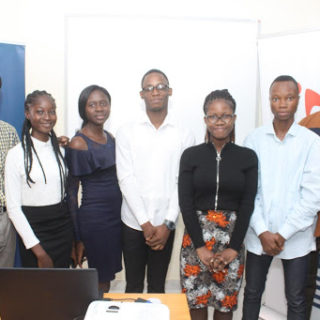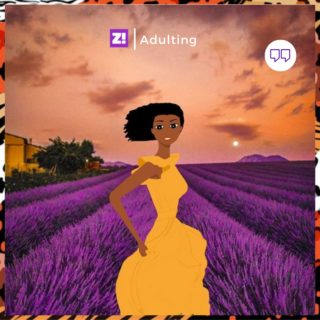We want to know how young people become adults. The question we ask is “What’s your coming of age story?” Every Thursday, we’ll bring you the story one young Nigerian’s journey to adulthood and how it shaped them.
The guy in this story is not your regular guy. He lived all his life in one small town till his early 20s and graduated from university at 32. You may be tempted to assume he waited too long to make things happen, but when you’re building a house big enough for your dreams, it tends to take a lot of time.
I don’t think people realise how small the average mud house is. I would know, I spent most of my childhood inside one. Our house was boxy — the kind you see in clusters when you’re travelling through the South-west, Nigeria. Those huts are so small, you can’t fit regular furniture in most of them. At some point in my life, just after I finished secondary school, I decided that houses were big enough to contain the ambition of the people who lived inside them.
I was born a farmer, not unlike the way Trevor Noah says he was born a crime. My father’s people have always lived in Aisegba, a small town in Ekiti where I was born. They’ve always been yam farmers. They’ve always taken wives from the town, or nearby. They’ve always raised their sons to be like them. I was supposed to follow in their footsteps.
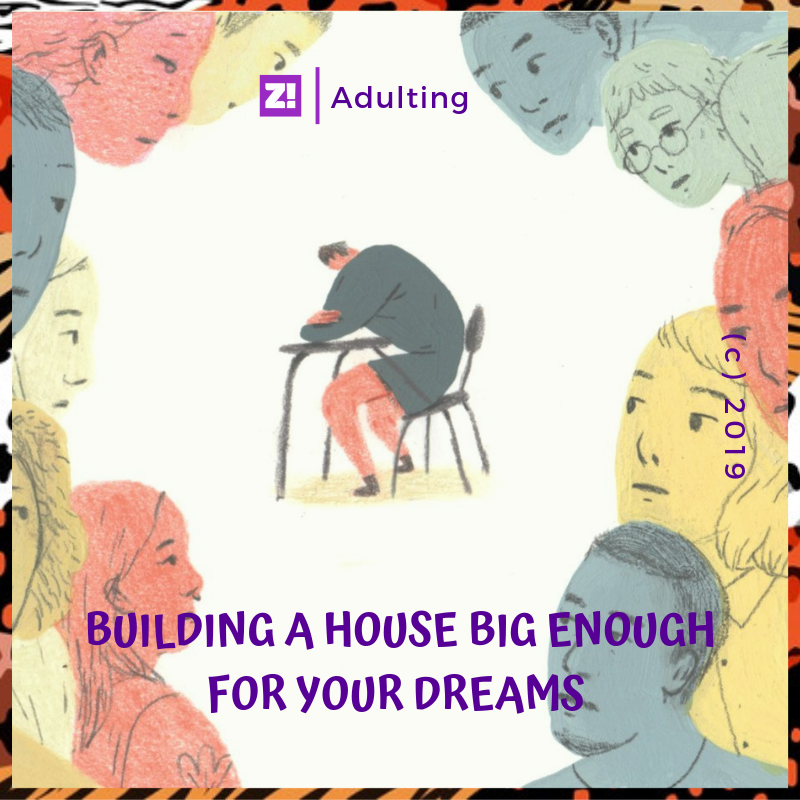
It takes a lot of patience to farm; I think that’s where I got mine from. From early childhood, my younger sister and I walked from our community grammar school to a fork in the road. She’d go home to my mother and I’d continue to the outskirts of town to meet my father. Sometimes, we had nothing to do. Sometimes, we did basic things like take the husks off new maize. When I was 18 and in the final year of secondary school, I got my own half-plot with my seedlings.
Walking home from the farm at night, my father talked about his childhood and how he walked the same roads with his own father. He was proud of that legacy. I was too, for a while.
When I was in Primary 6, I took an interest in my English teacher, a youth corps member from Port Harcourt. Unlike the tired middle-aged women and men who filled our halls, she seemed to enjoy her job. Somehow, she also took an interest in me, enough to notice that I couldn’t string two sentences together in English. She gave me extra classes in the evenings, mostly for free. Sometimes, my parents gave her foodstuff.
She left at the end of the year, with a place in my heart and more words in my vocabulary. The most important thing that she did — and all the other youth corp members who came to our school after that — was to show me that there was another world outside my own.
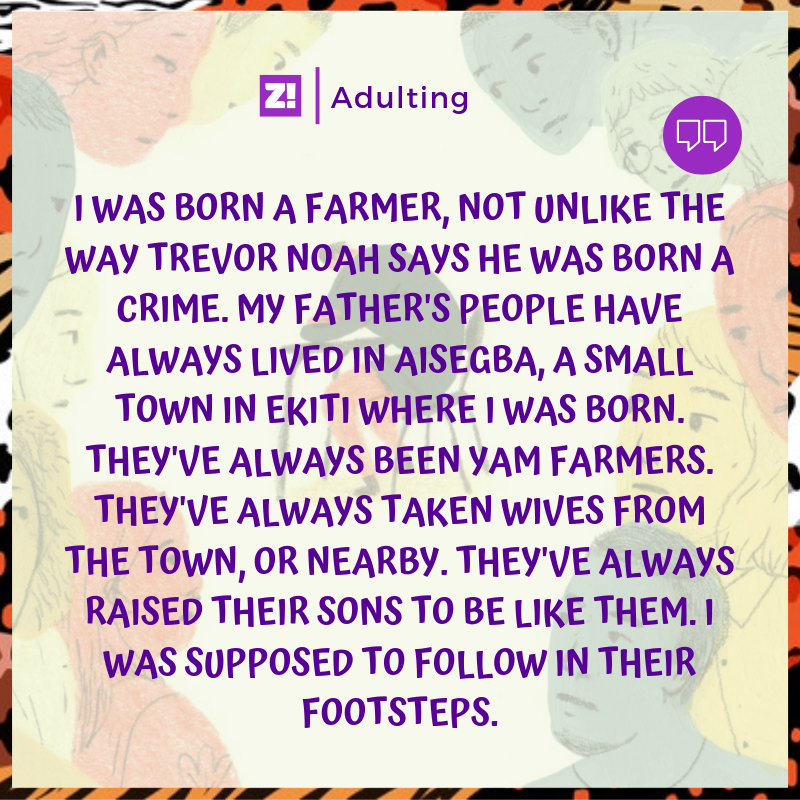
One of them, Olamiotan, was my government teacher in SS3. I ran errands for him, lost his books, got him angry and spent his change more than once. When he passed through Ekiti and chose to visit Aisegba four years after, I wasn’t surprised that he came to check on me. By this time, I was frustrated. After secondary school, my friends and I had slotted into this mundane existence, like everyone around us. All of a sudden, I was 22 and I’d never gone out of Ekiti. For most of my life, I’d been satisfied with living within my means and taking the mantle of ‘breadwinner’ from my father, but in 2009, the same year that Ola visited, something switched.
Even though I don’t believe in such things, maybe Olami’s visit was predestined. My father used religion to defend his lack of ambition so many times that it turns my stomach. Olami advised that I should pursue tertiary education, but I didn’t have the compulsory 5 credits in my O’ levels. I had no idea what UME looked like, but I realised that I also had no choice. It was university or a life spent wondering what could have been.
My dad wasn’t as ecstatic as I’d hoped. Maybe it was fear of the unknown or just sheer impudence, I’ll never know. Within a week, we went from an innocuous conversation about universities to a family meeting that no-one told me about. I still wonder about how he managed to frame my desire to go to university as some sort of cross-generational rebellion. Maybe it was. I sure didn’t make things easier by walking out on him and the whole family. My mother and sister cried while we exchanged choice words. It hurt, but I couldn’t care. I was done.
Later that month, in August 2009, I gathered what money I had — borrowed from friends and Olami — and got on a bike to Ado-Ekiti. The joy of taking that leap overshadowed the fact that I didn’t have anything I needed to get into university. With Olami’s help, I got a job as a sales boy in a cassette shop near the centre of the town. When night fell and other salesboys closed their shops, it was also the place I called home. I did this for nearly a year while I tried to get into school. I wrote WAEC again and UME for the first time. My results were so bad, I considered going back home.
In 2010, we began to hear that the federal government was setting up a new university in Oye, another town in Ekiti. The gist was that indigenes would get preference and people like me would find it easier than if we’d applied elsewhere. I knew this was my only shot. So I paid a student at the nearby university to write WAEC and UME for me. It’s something I’m ashamed of till this day but I know I wouldn’t have gotten in otherwise.
I’d saved up to 50,000 naira from my salary and other sources to get me through my first year in school. I ended up using it to pay the student. I got my results; and soon enough, there it was. I got admitted to study Political Science Education at Federal University, Oye.
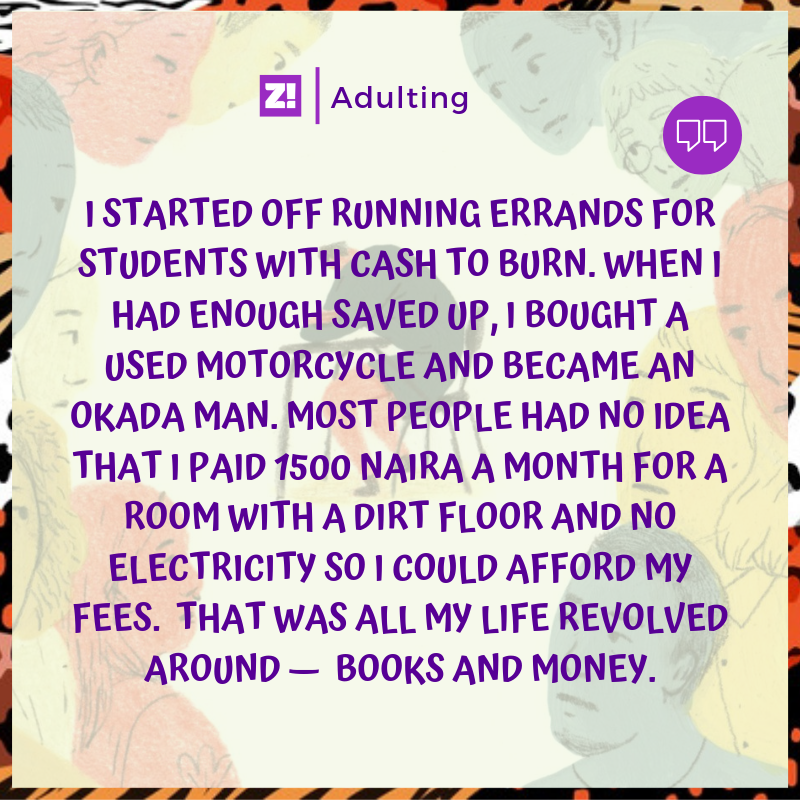
The next five years were heavy. I earned a living as an indigene while I mixed with people from all classes from around the country in university. It was hard; I started off by running errands for students with cash to burn. When I had enough saved up, I bought a used motorcycle from Ado and became an okada man. Most people had no idea that I paid 1500 naira a month for a room with a dirt floor and no electricity so I could afford my fees. That was all my life revolved around — books and money. Olami was very helpful; he paid my first and second year fees and visited when he passed through, especially after he got married and moved to Akure.
I don’t know what it says of me that my strongest memories of university were the days I spent trying to explain why I went there. Not the time I ran for PRO in my department and got two pity votes. Not the day that one of my lecturers offered to pay my fees. After my first year living in Ado, I figured I’d go home in case my parents thought I was dead or worse, an unemployed junkie. Let’s just say my dad didn’t care.
I began to send money home shortly after through drivers. My mother always sent back things too: my dad’s old clothes and later when I got into university, foodstuff. I even got my sister a small internet-enabled Tecno phone so we could stay in touch. It’s how I learned that my dad found out about the money and began collecting it from my mum as household income.
The next time I returned to Aisegba in June 2012, something about the way he sat — lonely and tired — made me feel hollow inside. Then he noticed me walking close, waited for a while and said he assumed I’d died in Ado. It was the last time I saw him.
I finished from FUOYE in 2017, at32. Between heavy reading and my endless displays of overzealousness, I got up to speed with the rest of my colleagues so well that I became the resident class analyst. By 400 level, my nickname among friends and my frequent customers was Elder. I’m built like a labourer and I have a weird tendency to sound weighty when I talk about the most mundane things. I know where it comes from so I wore the moniker with pride.
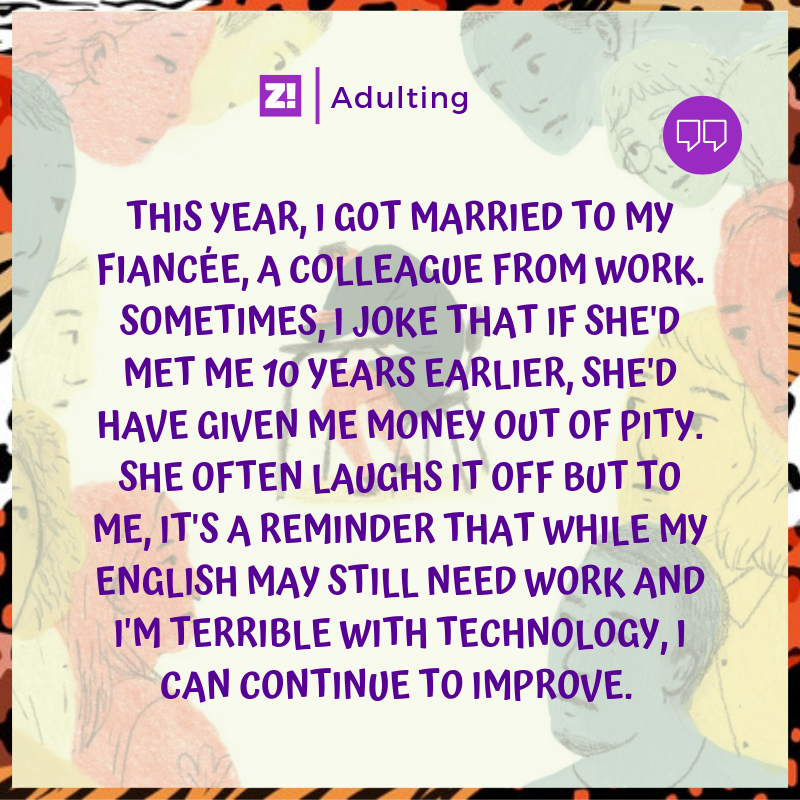
Service year was next. You’re probably wondering how a 32-year-old got into NYSC. I was advised to falsify my age in 2010 to help my chances of admission. By the time I finished, my papers said I was 27 so I got posted to a state parastatal in Kwara. It was the first time in my life I tasted real money. My superiors had their hands deep in the state coffers and sometimes, crumbs would fall at our table. I began to send more money home. When my sister decided to move to Ado and learn a trade, I was able to support her. When service year ended, I applied and got into the state civil service.
Adulting to me is not being afraid to go beyond the reaches of what you think you know. I’ve heard kids from wealthy homes talk about the pressure of parental expectation. I had to live with the pressure of zero expectations. My entire life has been a case of wanting more and convincing myself that I deserve it.
This year, I got married to my fiancée, a colleague from work. Sometimes, I joke that if she’d met me 10 years earlier, she’d have given me money out of pity. She often laughs it off but to me, it’s a reminder that while my English may still need work and I’m terrible with technology, I can continue to improve.
That’s what being an adult is: getting better than all the challenges that will inevitably come your way and building a house big enough for all your dreams.
Did you enjoy this? You should sign up for our weekly pop culture newsletter, Poppin’. You’ll get to know what we’re up to before anyone else + insider gist, reviews, freebies and more. If it sounds like your deal, sign up here.


